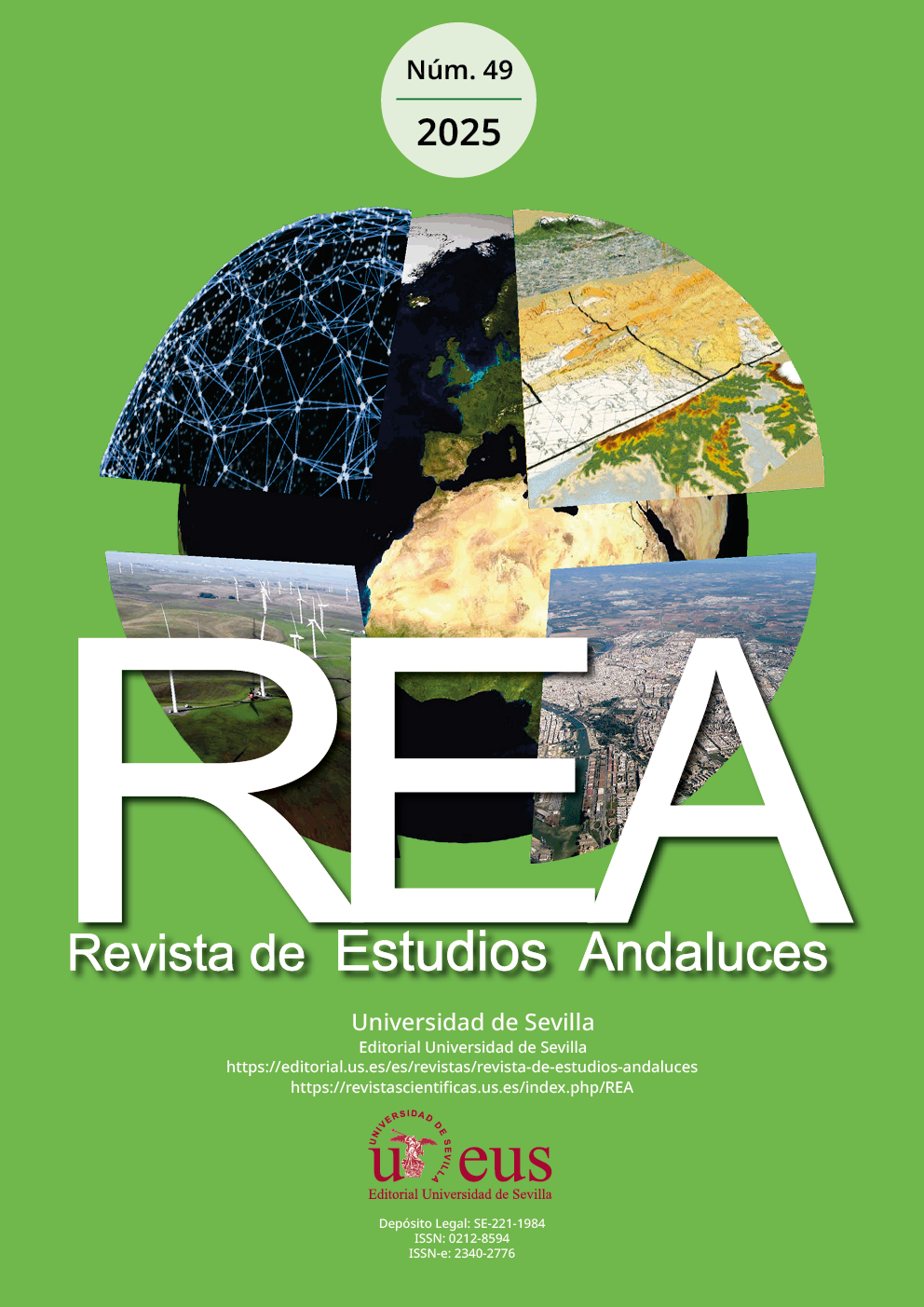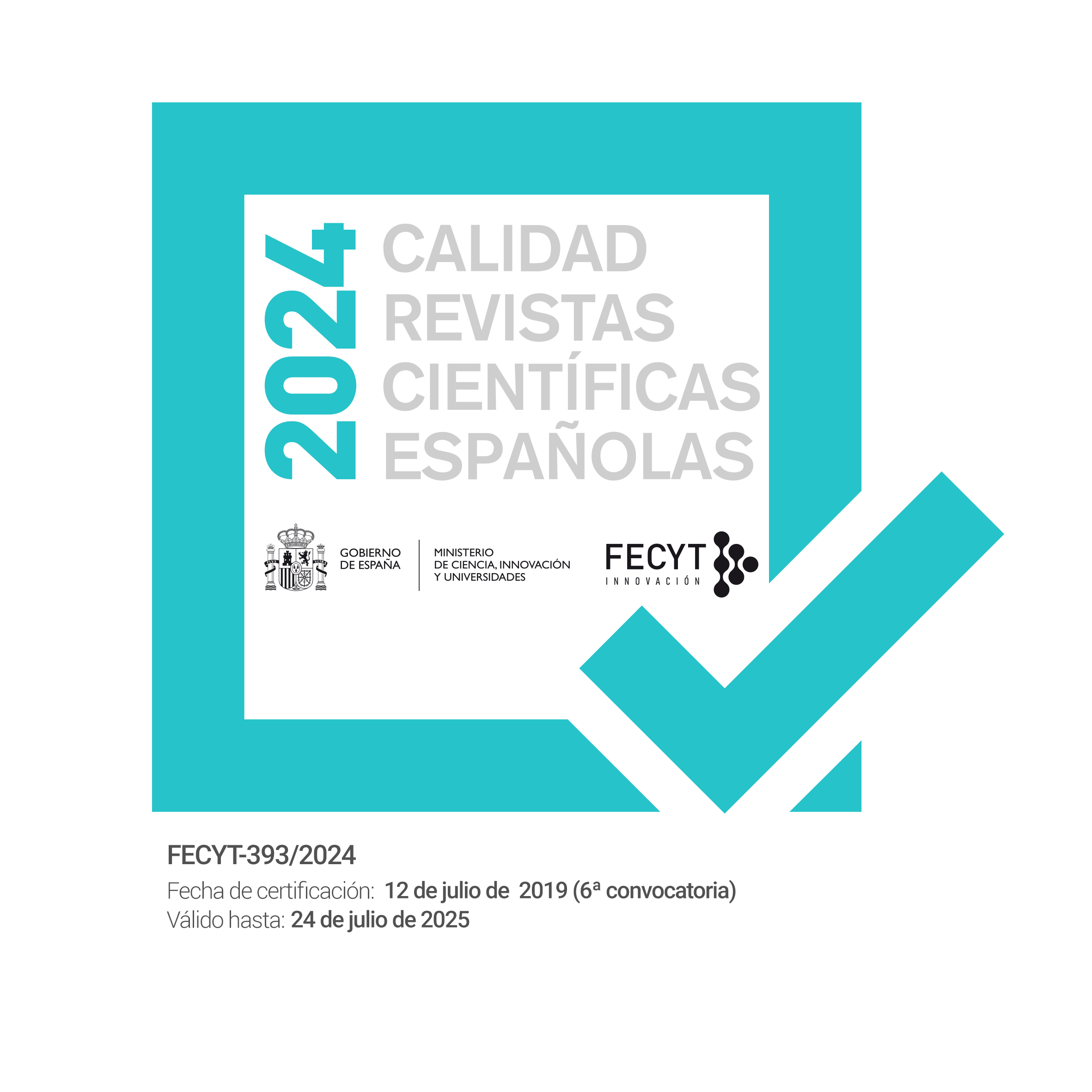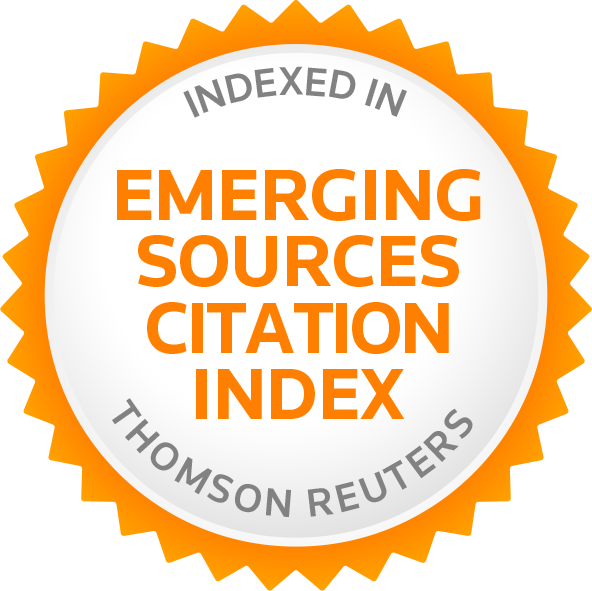Innovative climate resilient indigenous food system combining “Water Taro, Shrimp, Eel and Water Cress in Vanuatu – Scaling Up”
Resumen
Vanuatu, an archipelagic nation in the South Pacific, faces significant challenges due to climate change, including rising sea levels, increased frequency and intensity of natural disasters, and threats to food security. The integration of four components of the food system creates a symbiotic relationship that enhances the overall productivity and sustainability.
Key challenges faced in implementing this integrated food system include limited access to knowledge and resources, the need for community participation and capacity building, and the potential impacts of natural disasters. To address these challenges, the project has employed various solutions, such as providing training and technical support to farmers, establishing community organizations, and developing disaster risk management plans.
The integrated food system has achieved significant results and impacts, including increased crop yields, improved food security, and greater resilience to climate change. Farmers have reported higher incomes and improved livelihoods, while the local environment has benefited from the sustainable land management practices employed.
In conclusion, the integration of water taro, shrimp, eels, and watercress in Vanuatu demonstrates the potential of innovative and climate-resilient indigenous food systems to improve food security and resilience to climate change. The success of this system underscores the importance of collaboration, community participation, and the integration of traditional knowledge with modern sustainable land management practices. By scaling up this approach, Vanuatu and other nations can work towards building more resilient and sustainable food systems for the future.
Descargas
Descargas
Publicado
Cómo citar
Número
Sección
Licencia
Derechos de autor 2025 Revista de Estudios Andaluces

Esta obra está bajo una licencia internacional Creative Commons Atribución-NoComercial-CompartirIgual 4.0.
La edición electrónica de la Revista de Estudios Andaluces se ofrece en acceso abierto desde el número 28 publicado en 2011 hasta la actualidad. Las ediciones impresa y electrónica de esta Revista son editadas por la Editorial de la Universidad de Sevilla, siendo necesario citar la procedencia en cualquier reproducción parcial o total.
La Revista de Estudios Andaluces no cobra tasas por el envío de trabajos, ni tampoco cuotas por la publicación de sus artículos. La Revista es gratuita desde el momento de la publicación de cada número y sus contenidos se distribuyen con la licencia “CreativeCommons Atribución-NoComercial-SinDerivar 4.0 Internacional” , que permite al usuario de la Revista de Estudios Andaluces criterios que cumplen con la definición de open access de la Declaración de Budapest en favor del acceso abierto. Puede consultar desde aquí la versión informativa y el texto legal de la licencia. Esta circunstancia ha de hacerse constar expresamente de esta forma cuando sea necesario.







